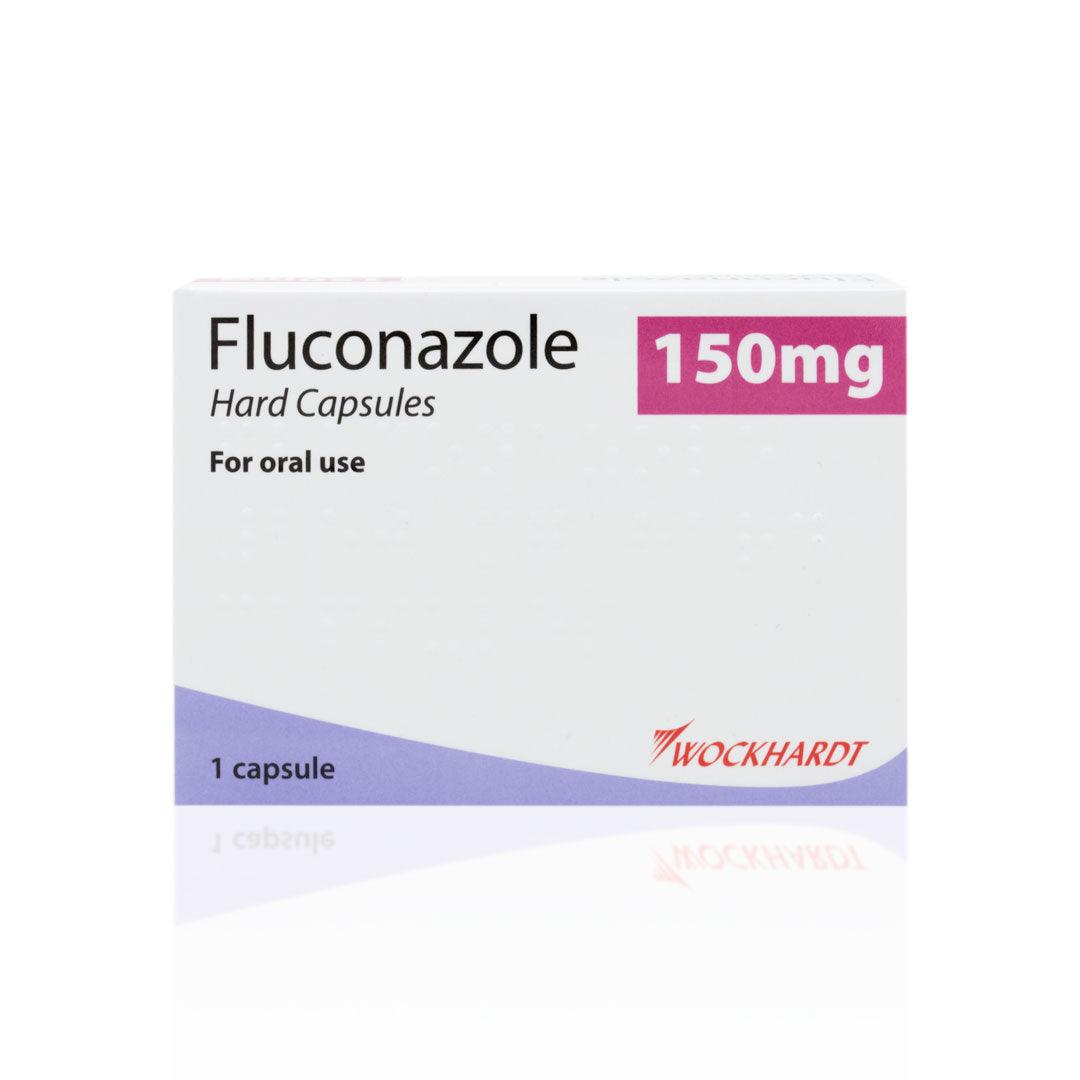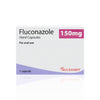General Information:
What is Fluconazole and When is it Used?
Fluconazole is a potent antifungal medication often prescribed by clinicians to treat a variety of fungal infections. As a member of the triazole family of antifungal drugs, it's most commonly used for conditions like thrush (both oral and genital), ringworm, and more serious systemic infections often seen in immunocompromised individuals, such as those with HIV/AIDS or undergoing chemotherapy.
Fluconazole's broad spectrum of antifungal activity and its ability to penetrate various body tissues make it an extremely effective tool in our fight against fungal infections, as stated by Dr Samantha L. Wilson, a renowned clinical pharmacist.
What are the Symptoms of Thrush?
Thrush, known as candidiasis, typically presents with a constellation of symptoms that are generally easy to recognise. In some cases, oral thrush might cause white patches on the tongue or inside the mouth, soreness, and difficulty swallowing. Genital thrush, on the other hand, results in itching or burning, a white discharge, and discomfort during sex or urination.
The symptoms of thrush cause significant discomfort, but the good news is that it's generally a condition that can be treated effectively according to Dr Caroline Mitchell, a respected obstetrician-gynaecologist.
What Causes Thrush?
Thrush is caused by an overgrowth of a type of yeast known as Candida, specifically Candida Albicans. While yeast is normally present in our bodies and is generally harmless, certain triggers might upset the balance of microbes, allowing Candida to grow out of control and cause infection. These triggers might be caused by anything from taking antibiotics and wearing tight or synthetic clothing to having a weakened immune system.
Dosage & Usage
Fluconazole's dosage varies depending on the type and severity of the infection. For vaginal candidiasis, a single oral dose of 150 mg is typically recommended. For systemic candidiasis and cryptococcal meningitis, a higher dose is prescribed, often starting with a loading dose of 400 mg on the first day, followed by 200-400 mg daily.
How Long Does it Take for Fluconazole to Work?
Fluconazole is known for its quick and efficient action. A user might notice a reduction in symptoms as early as 24 hours after taking a dose, but it generally takes about 7 to 10 days for the infection to be completely cleared. However, the time it takes varies depending on the severity of the infection and the individual's overall health.
Why Take Fluconazole Every 3 Days?
While fluconazole is typically taken as a single dose for uncomplicated infections like thrush, more serious infections may require a different regimen. For example, taking fluconazole every 3 days is part of a treatment plan for severe or recurrent infections. This is done to ensure a consistent amount of medication in the body to effectively fight the infection.
What is the Recommended Dosage of this Treatment?
The recommended dosage of fluconazole varies greatly depending on the nature and severity of the fungal infection. For instance, for uncomplicated thrush, a single dose of 150 mg is often sufficient. For more severe infections, the dose might be increased, and the medication may need to be taken for a longer period. A healthcare provider must be consulted before making any changes.
Fluconazole Dose for Skin Infection
When treating skin infections like ringworm, the dosage of fluconazole is usually 50 mg to 300 mg once weekly for 2-4 weeks. However, this is just a guideline, and the actual dosage must always be individualised based on the patient's condition by a doctor.
How will Fluconazole Work for Thrush?
Fluconazole works by inhibiting the production of ergosterol, a crucial component of fungal cell membranes. By disrupting the process, the medication causes holes to appear in the cell membrane, leading to essential contents of the fungal cells leaking out. This ultimately results in the death of the fungal cells and a reduction in symptoms.
Fluconazole is highly effective against thrush due to its targeted mechanism of action. The drug directly attacks the fungal cells responsible for the infection, leading to swift relief of symptoms, as noted by Professor Philip Stevens, an expert in infectious diseases.
Availability & Pricing
Can I buy Fluconazole Over the Counter?
Yes, fluconazole is often available over the counter (OTC) in many countries, including the UK. Meaning that it is available for purchase without a prescription from a GP. It's typically sold under the brand name Diflucan or Canesten Oral, as well as generic fluconazole. However, it's always advisable to consult with a pharmacist or a healthcare provider before taking any new medication.
Side Effects & Considerations:
Does Fluconazole Cause any Side Effects?
Yes, like all medications, fluconazole comes with potential side effects in some people. However, most individuals tolerate the drug well, and serious side effects are relatively rare. Common side effects include headache, stomach discomfort, rash, and dizziness. In rare instances, fluconazole might cause liver damage, so individuals with pre-existing liver conditions must use it with caution.
When Should this Medication Not be Used?
There are certain circumstances when fluconazole must not be used, including individuals with a known allergy to fluconazole or other azole antifungals. It's not recommended for individuals with certain liver conditions due to the drug's potential impact on liver function.
Alternatives & Related Treatments:
Fluconazole 150
Fluconazole 150 mg is a commonly used dose for treating vaginal candidiasis. It's often administered as a single-dose treatment, which makes it convenient and effective for many individuals.
Fluconazole 150 mg How Fast Does it Work
Fluconazole 150 mg starts reducing symptoms within 24 hours, but complete resolution of the infection usually takes about a week. The benefits of Fluconazole vary among individuals and depend on the severity of the infection.
Is Fluconazole an Antibiotic?
No, while fluconazole is used to treat infections, it's not an antibiotic in the traditional sense. Antibiotics are used to kill bacteria, whereas fluconazole is an antifungal medication used to treat fungal infections.
Fluconazole for Men
While thrush is often associated with women, men sometimes get the infection and fluconazole is an effective treatment. Men with symptoms such as itching, redness, or discharge on the penis might be suffering from thrush and might benefit from fluconazole treatment.
As always, any treatment must be under the guidance of a healthcare professional to ensure safety and efficacy. Remember to discuss any concerns or questions about fluconazole or any alternative treatments with a healthcare provider.
FAQs:
Can I Take This Product While I am Pregnant or Breastfeeding?
No, the use of fluconazole during pregnancy or breastfeeding must be avoided unless advised by a healthcare provider. Although a single dose of fluconazole for thrush is generally considered safe, higher doses or long-term use have been associated with a risk of birth defects.



















